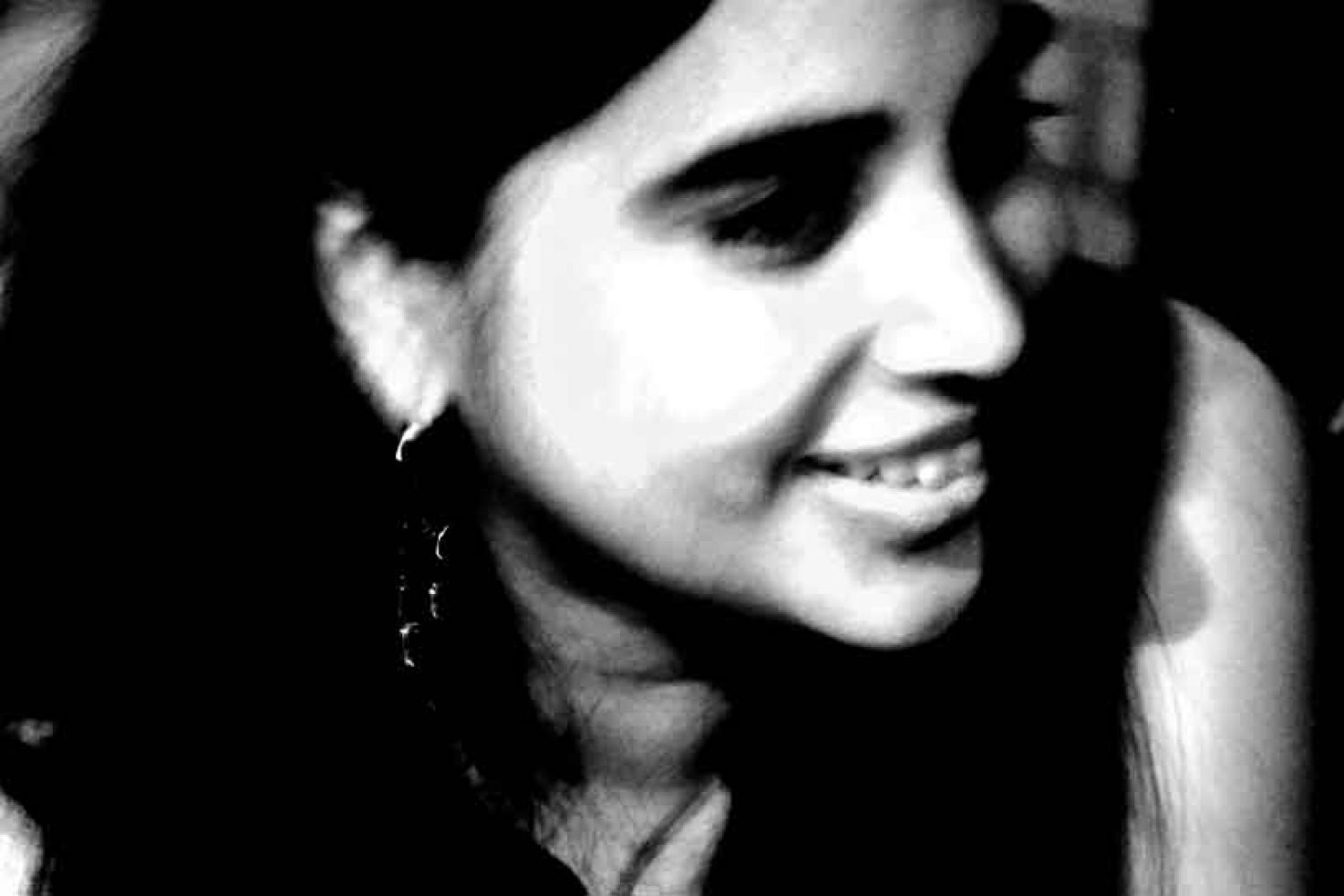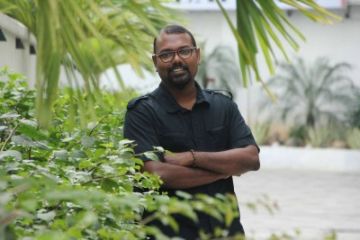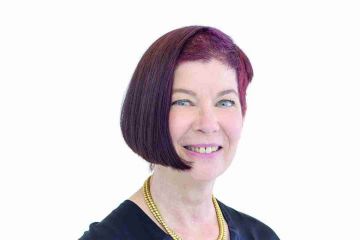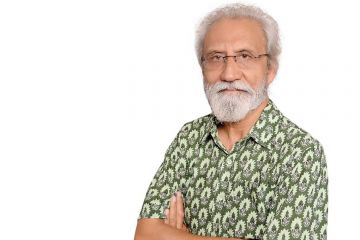
One can take the help of the clichéd expression and say she wears many hats, but that would be an understatement. Dhaka-based Sadaf Saaz, whose book of poems, Sari Reams, was published in November last year, is a dedicated women’s rights activist and a successful entrepreneur. The 40-something director of a Dhaka-based readymade garment manufacturing company is also the co-founder and producer of the Dhaka Hay Festival. Her travel company aims to showcase the lesser-known Bangladesh to an outs





